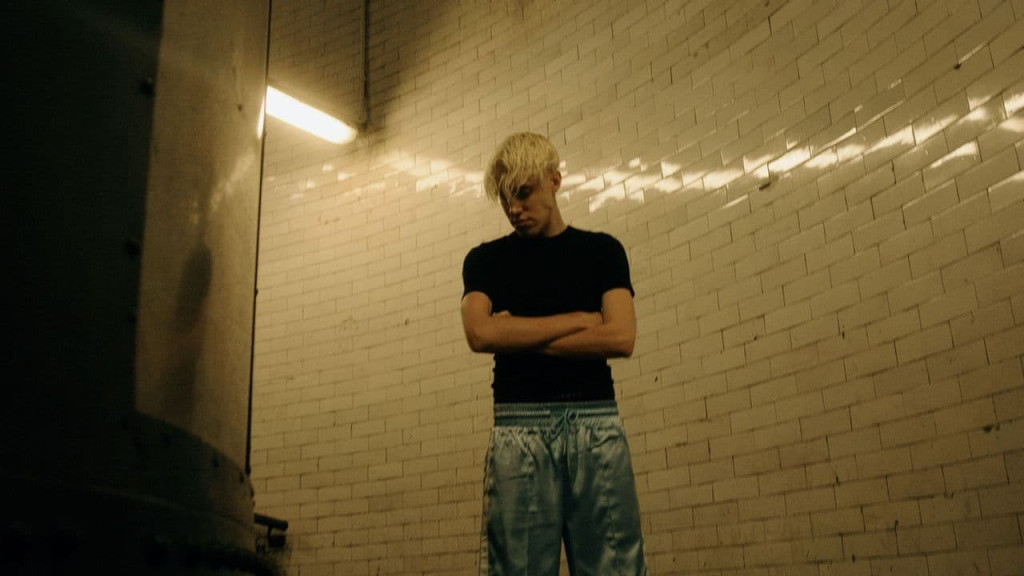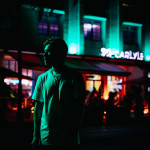It’s layered with flashes of modelling sets, backstage passes, and a lifelong habit of watching music videos like they were Saturday night prime time. For Kyran, visual creativity came first — music followed as the next natural extension.
The Soundtrack for the Dark Room
Kyran U’s musical output is something like the after-hours conversation you have with yourself. He describes his sound as “melancholy pop,” led by vocals that are subdued but emotive — a tone that carries the weight of something not quite said out loud. Nostalgia plays a heavy role here. His reinterpretation of Bros’ “When Will I Be Famous?” and the 90s heartbreak diary “You Had Me At Hello” channel echoes of a past era, but they’re no mere throwbacks. These tracks are built for bedrooms, for nights when memory and mood meet. Think low light, big feelings, and quiet revelations.
Icons in the Rearview, Influence in the Driver’s Seat
The artistic blueprint behind Kyran U is just as rooted in aesthetic as it is in sound. Icons
like Blondie and Blur didn’t just influence his playlist — they shaped his point of view. He talks about their attitude, their presence, and their music videos with the kind of attention
that reveals he’s studied their every frame. Modern counterparts such as Lorde have informed his edges: elegant, elusive, and mood-forward. It’s this blend of legacy and modernity that makes his brand feel like the continuation of a conversation started decades ago.
Music Made for the Visual Mind
Before there was a track, there was almost always a vision. Kyran doesn’t just write songs
— he builds entire worlds around them, often developing concepts, artwork or videos before the tracks themselves are finished. It’s a reversal of process that makes sense when you know
his early background of short films, viral online videos and building content for global festivals and artists. Professionally, he has since flourished in the industry, appearing in music videos for the likes of David Guetta, Anne-Marie and legends such as Boy George and Culture Club. Creating visuals wasn’t just practice — it was his entry point into the industry and to making
music. Kyran’s music exists because he needed something to soundtrack the stories he
already saw in his mind.
Looking Ahead While Tapping In
For someone so rooted in cultural memory, Kyran’s gaze is surprisingly future-focused. He’s still refining his sonic identity — recent works lean toward indie rock, but he’s experimenting with electronic textures that push his sound into new territories. What stays constant is the emotional clarity in his vocals and the thoughtfulness behind every move. As he puts it, returning to the values and voices of his upbringing has helped him find direction. It’s a reminder to himself and to his listeners: know where you come from, and you’ll know where to go next.
Final Word on Kyran U
In a time where imitation feels easier than innovation,
he’s choosing to reflect rather than replicate. With every song, every visual, Kyran U adds another layer to an evolving story — built on mood, memory, and visuals that
make it all feel real.









